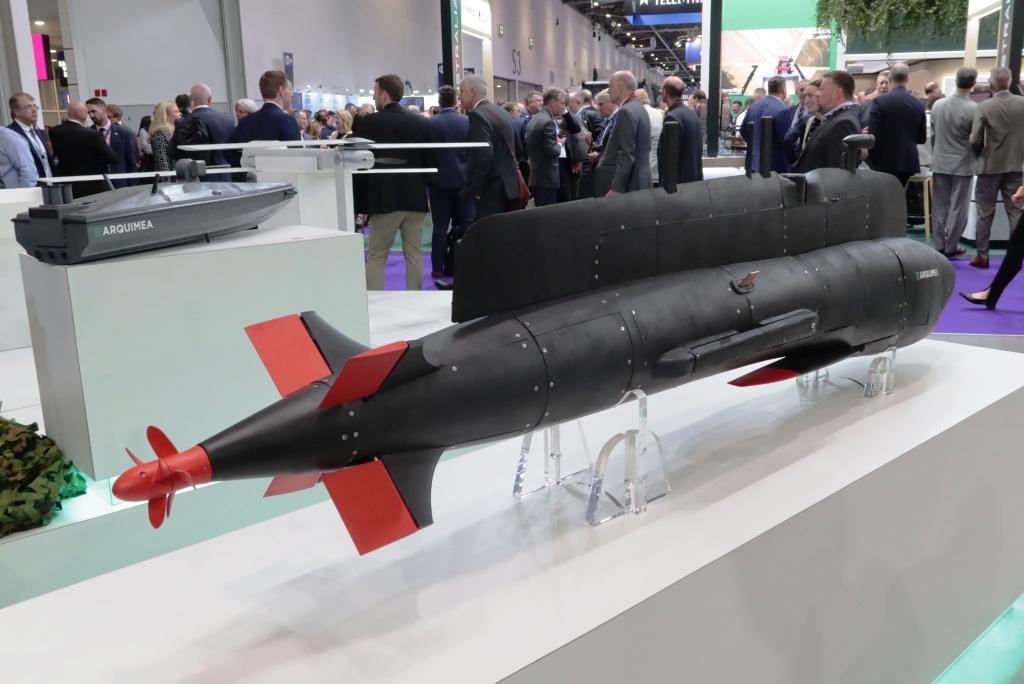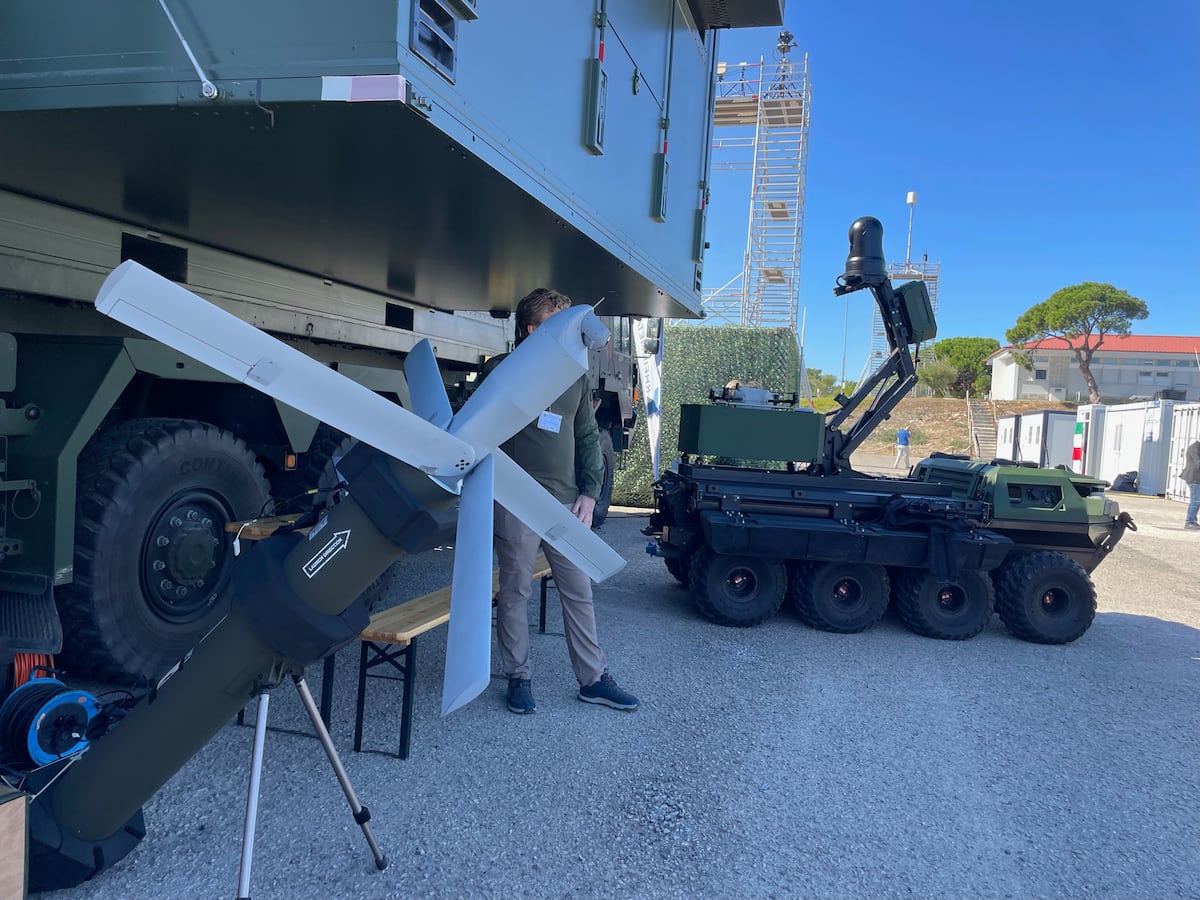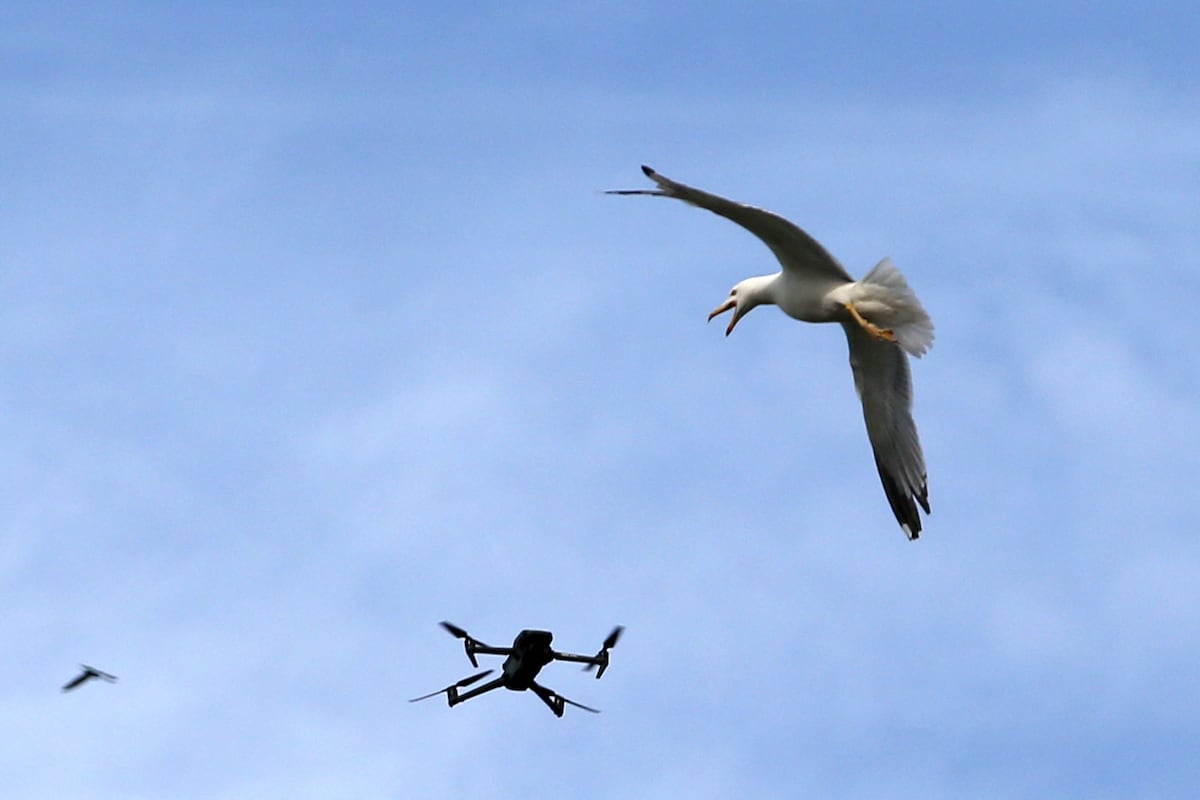German Defense Minister Advocates Restraint Amid Russian Airspace Violations
Overview of Recent Incursions
In light of recent violations by Russian military aircraft in NATO airspace, German Defense Minister Boris Pistorius has emphasized the necessity for a measured approach over calls for aggressive military responses.
Counterproductive Responses
Pistorius articulated his concerns regarding the potential for escalating tensions, stating that suggestions to shoot down Russian jets are counterproductive. He stressed that while these incidents are perilous, there has been no observable recklessness attributed to Russian pilots during recent encounters.
-
No Evidence of Aggression: The minister noted that incidents did not involve an identifiable level of aggression, which would necessitate a kinetic response.
-
Danger of Escalation: He cautioned against falling into what he termed Russian President Vladimir Putin’s “escalation trap,” advocating for prudent decision-making that prioritizes stability in Europe.
Statements from Allied Leaders
The discourse around military responses to airspace violations has gained traction in recent weeks, particularly following a series of incidents involving drones in Poland.
- Support for Defensive Measures: Czech President Petr Pavel, a former NATO general, posited that downing Russian aircraft should remain an option, recalling the cessation of Russian provocations following Turkey’s downing of a Russian jet in 2015.
NATO’s Stance on Airspace Protection
NATO and its member states have been vocal about their readiness to defend their airspace, signaling their commitment to addressing violations with appropriate force.
- Recent Operations: Following a dangerous encounter involving a Russian reconnaissance aircraft over the Baltic Sea, German and Swedish alert units successfully coordinated to ensure the aircraft exited NATO airspace expeditiously.
Strengthening Swedish-German Defense Cooperation
In a meeting with his Swedish counterpart, Pål Jonson, Minister Pistorius underscored the growing defense partnership between Germany and Sweden, particularly in collaborative procurement initiatives.
-
Joint Defense Projects: The two countries are set to acquire IRIS-T SLM air defense missiles as part of the European Sky Shield Initiative, alongside specialized vehicles from Swedish manufacturers.
-
Future Airborne Early Warning Systems: With the impending retirement of NATO’s E-3 Sentry AWACS based in Germany, there is an imminent capability gap. Pistorius indicated that Sweden’s Saab GlobalEye is well-positioned to address this shortfall, although a final decision has yet to be made.
Conclusion
The calls for active military engagement against Russian aircraft underscore the tension within NATO regarding airspace violations. However, Minister Pistorius’s emphasis on restraint reflects a nuanced understanding of the geopolitical landscape, prioritizing diplomatic stability alongside collective defense initiatives. As NATO member states navigate these challenges, fostering cooperative defense strategies remains pivotal for regional security.





